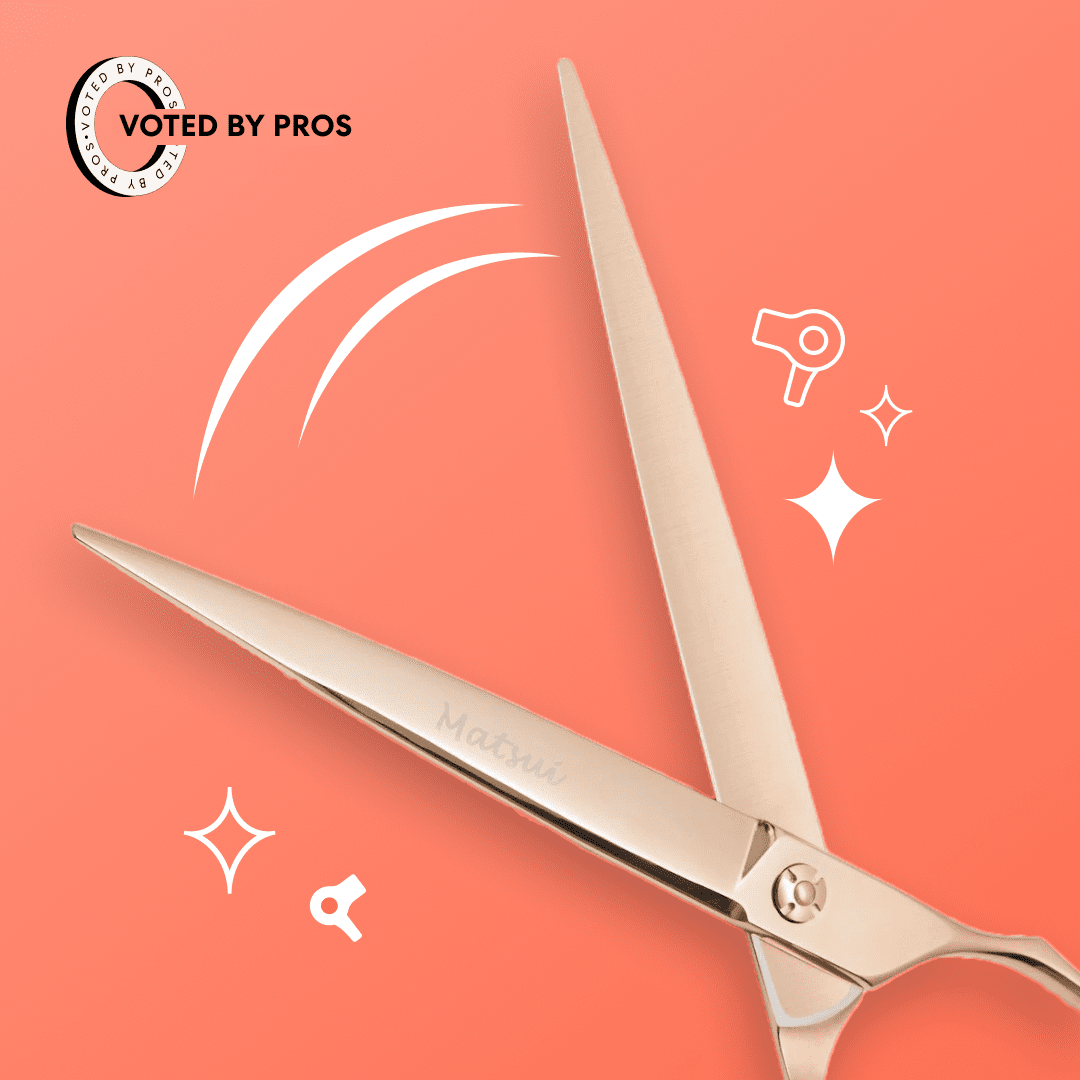As of 2021, there are 84,000 salons in the U.S., bringing in combined annual revenue of $24 billion.1 One way to get a cut (so to speak) of the action is to rent a salon chair.
As a salon owner, chair rentals can be a reliable source of income that can eliminate some of the headaches associated with traditional employer-employee arrangements. On the other hand, as a stylist, renting a booth lets you be your own boss without having to worry about many of the administrative tasks of running your own business. Sounds like a win-win, so how do you get started?
We’ll cover what you need to know about how to rent a salon chair, how much it will likely cost, the requirements, and more.
How does renting a salon chair work?
Salons typically operate in one of two ways. They either hire hairdressers as employees to work within the salon or rent out the salon chairs to hairdressers who operate as independent contractors.
If you decide to rent a salon chair, you’ll be asked to sign a rental agreement and will need to pay rent to the salon owner to use the space. Once you agree and sign the contract, you’ll run your business out of the space in the owner’s salon.
As a tenant, you are responsible for building your clientele, setting your hours, managing your books, and growing your business. Clients will pay you directly, and you’ll be responsible for self-employment taxes. You cannot be fired since you’re not an employee, but you can be evicted. You may be able to set your own rates. However, some salons may include standardized pricing as part of the rental agreement.
On the other hand, if you are the salon owner and landlord, you collect the rent from your tenants but do not manage them as employees. You can set rules for your salon in the rental agreement that tenants must follow, but each tenant will have the freedom to run their own business as they deem appropriate, as long as it complies with the rental agreement terms.
Why should you rent a chair in a salon?
Renting a salon chair can help hair stylists find new clients since many salons share their walk-ins with the tenants. Further, the salon may invest in branding and marketing that helps to keep the clients coming through the door. When you find a salon that aligns with your brand and targets the same type of clients, it can help to jump-start your business and save you money on marketing expenses.
Being an independent contractor also gives you more freedom to set your own schedule and keep more of your earnings beyond your rental fee. Of course, you will have expenses such as equipment and supply costs, buying small business insurance, and paying taxes, but you won’t be paying out a portion of everything you earn to the salon. In some cases, you may also get the opportunity to make additional commissions if you sell the salon’s retail products.
For salon owners, renting out salon chairs offers a stable monthly income. Further, if you bring in talented stylists, they can help build your brand’s reputation and value. It also relieves you of the responsibility of managing employees, as each renter is a business owner responsible for their own earnings and taxes.
How much do salons charge to rent a chair?
The cost to rent a salon chair will vary greatly based on the location of the salon. Salons found in busier, more trendy areas will often demand higher rents.
Another factor influencing rental cost is the size of the salon and the amenities it offers. For example, a high-end salon with designer furniture, expensive artwork, and spacious workstations will come at a higher cost than a modest salon in a more compact space.
Some salons will also offer other perks like free back bar products (shampoo and conditioner) along with towels and gowns. All of these factors will impact the rental price which salon owners may charge by the day, week, or month.
To get an idea of going rates, we looked at a few rental listings across the U.S. in 2021. Here’s what we found:
- A salon in Gorham, Maine, is asking $100 in rent per week for a salon chair and doesn’t mention any amenities.2
- A salon in Denver, Colorado, is asking $240 per week for full-time stylists and $160 per week for part-timers. The salon is in an uptown neighborhood within walking distance to downtown and provides renters with new client opportunities. Renters can also benefit from the salon’s advertising and branding, get free back bar products, and earn product sale commissions.3
- A studio in San Francisco, California, is offering a chair rental in a 5-Star Union Square Hotel for $1,200 per month. It comes with free towel and gown service, free back bar products, a secure storage area, and the opportunity to serve hotel guests.4
- A boutique hair salon in New York City is asking $450 per five-day chair rental. It comes with a full-time receptionist, unlimited towel use, shampoo and conditioner, and storage for color products.5
In our small sample, prices ranged from $100 up to $450 per week. Research shows that the average salon chair rental price falls between $100 to $150 per week (or between $400 to $600 monthly) and that metropolitan areas often charge rents that are much higher than average.6
How to create a salon chair rental contract
If you’re interested in renting a salon chair, understanding salon chair rental contracts is a must. They lay out the terms of the rental agreement and often include details such as:
- The rent amount
- The rental term (how long you will rent the chair)
- Hours of operation for the salon
- What comes with the chair (square footage, electricity, water, equipment, reception services, etc.)
- How either party can cancel the contract
- Non-compete clauses
- Merchandise sales rules
- Cleanliness expectations
- Insurance requirements
- Client referral practices in the salon.7.8
The salon can protect its space, profitability, and brand by having the rules in writing before renting a chair. The contract also helps the stylist understand what to expect and what’s included with the rent to ensure it’s a good value.
What else do you need to rent a salon chair?
In addition to a good stylist-salon fit and a completed rental contract, hair stylists who rent salon chairs will need to have a valid professional license and may need a business license and small business insurance. Here are some important notes:
- The professional license you need can vary by state. For example, you must have a hairdresser’s license in Alaska, while you need a cosmetology license in Alabama.9
- You may also need additional licenses to conduct business in your city and state.10
- Thimble’s Hair Stylist Insurance includes general liability insurance and professional liability insurance. Even if the law or landlord doesn’t require insurance, it can help to cover financial consequences if a customer leaves their appointment with more than a bad hair day. It can also provide the legal defense and investigation of claims, as well as the payment of damages if you are found responsible for bodily injury or property damage to a third party.
Protect your hairdressing business
Ready to start your new career in hair care? Renting a salon chair can be a win-win for both the hair stylist and the salon owner. And remember, Thimble has your back with Hair Stylist Insurance — or for salon owners, a business owners policy (BOP) that provides both commercial property insurance and general liability insurance.
How do you get started? It’s simple. Just click “get a quote” or download the Thimble mobile app, and answer a quick set of questions to receive your quote — all within minutes.
Sources:
- Dun and Bradstreet First Research. Hair Care Services Industry Profile.
- My Beauty Ads. Booth Rental with Ownership Opportunities.
- Henry’s Salon. Opportunities.
- My Beauty Ads. Salon Chair Rental.
- My Beauty Ads. Salon Chair Rental.
- Small Biz Trends. Booth Rental Guide for Salon Owner and Stylists.
- Free Forms. Salon Booth Rental Lease Agreement.
- Word Templates Online. Booth (Salon) Rental Lease Agreement Templates.
- National Conference of State Legislatures. Labor Licensing By State.
- Professional Beauty Federation of California. California’s New Rental Booth Law.










